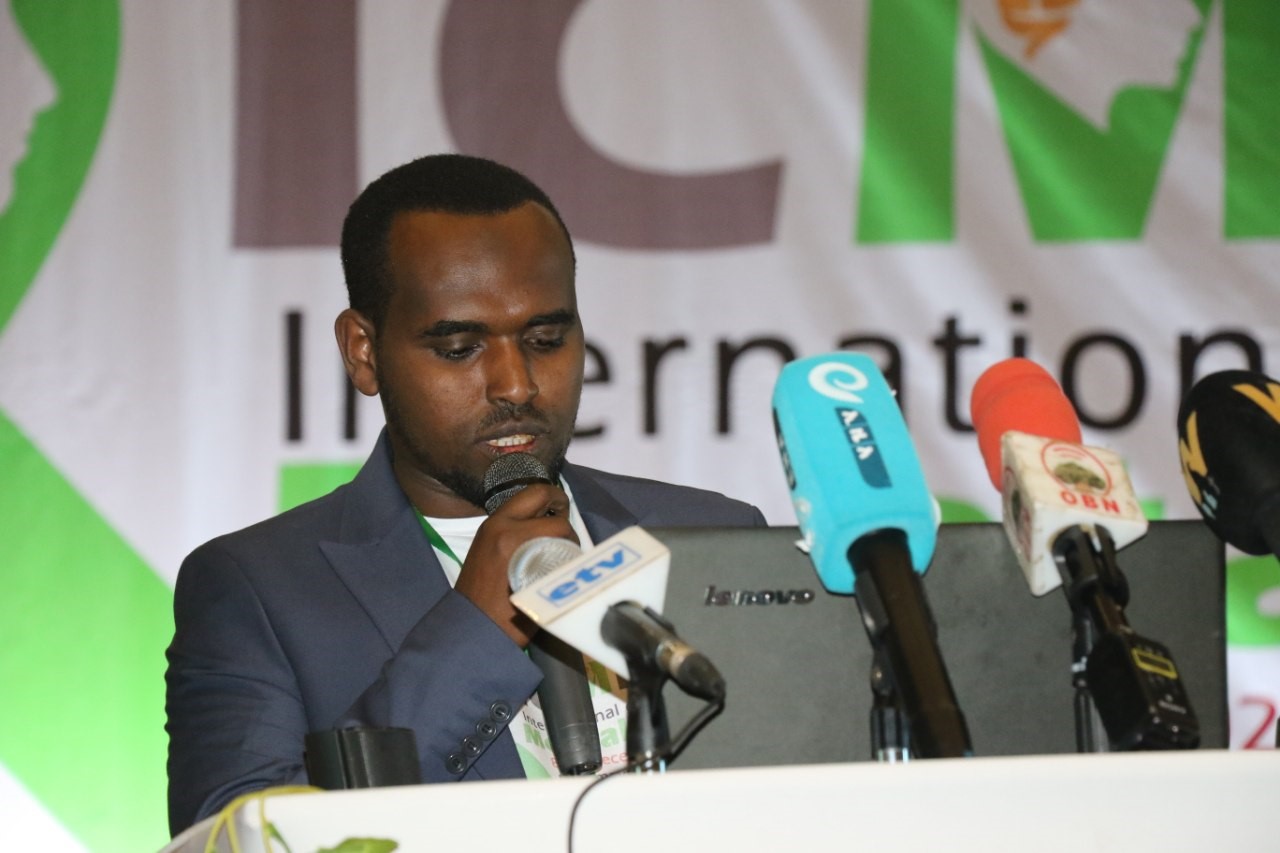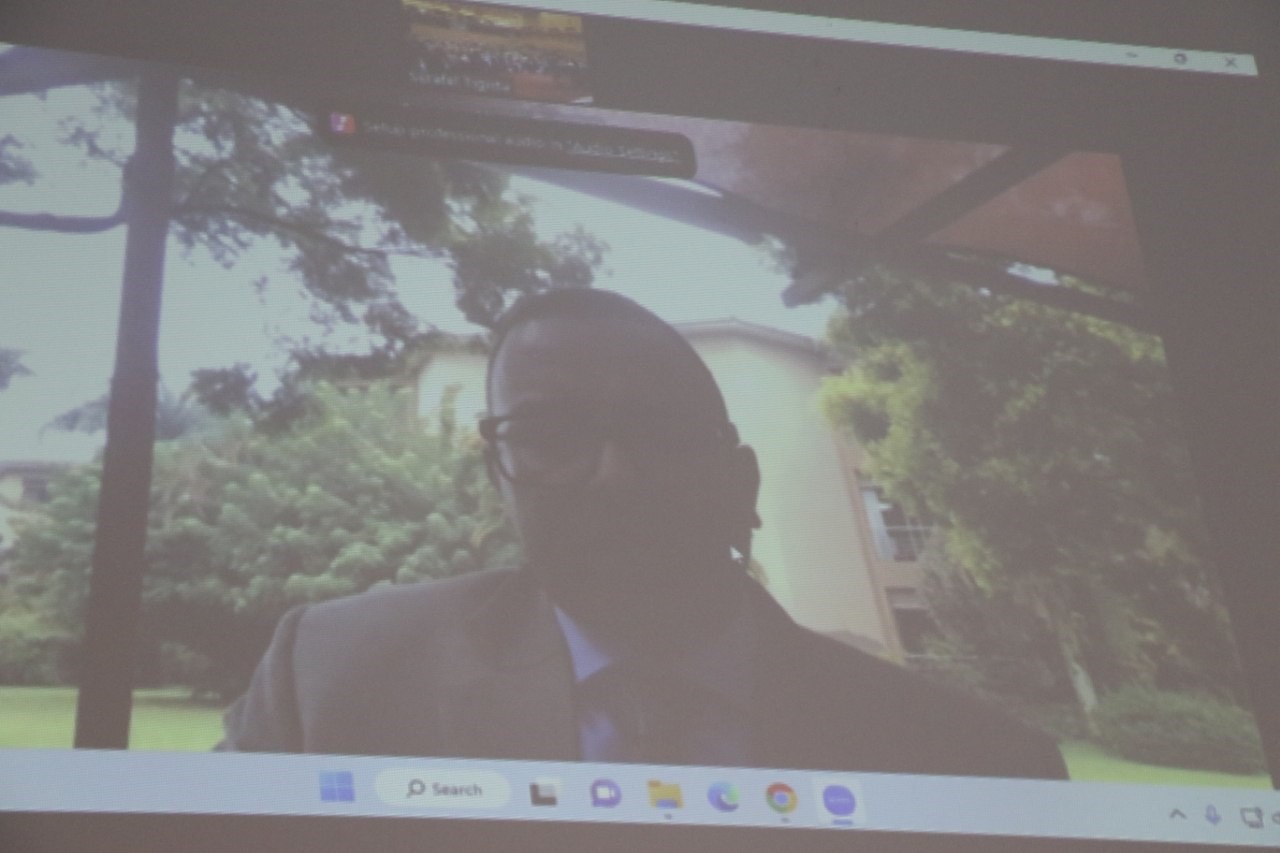“What mental health needs is more sunlight, more candor, and more unashamed conversation.” – Glenn Close
Haramaya University conducts International Conference on Mental Health Conducted.
Haramaya University College of Health and Medical Science, in collaboration with the University of Minnesota and institutions working on mental health (IOHPA and AMECA), conducted an international conference on mental health at the university’s Afrenkelo Hall, December 8–10, 2022.

The conference was attended by leaders, teachers, and staff of Haramaya University, representatives of institutions working in the health sectors in the United States, representatives of the University of Minnesota; representatives of federal and state institutions, religious leaders, Aba Gada, and other invited guests. At the conference, research papers on mental health were presented and discussed.

In his welcome speech, Dr. Ahmed Mehamed, Executive Director of Haramaya University College of Health and Medical Science, stated that mental health issues affect not only the individual but also the family, society, and the country’s socioeconomic activities. Therefore, we should strive to reduce and prevent this problem by raising societal awareness of mental health issues, prevention methods, causes, and treatment systems.

Dr. Jemal Yuosuf, president of Haramaya University, said in his forum opening speech through video conference that by creating and strengthening existing and new partnerships, the university is working with various well-known international universities and institutions in the areas of agriculture, health, and other fields. The current forum objective is to improve mental health services through stakeholders’ engagement; scientific discussion on treatment of psychiatric illnesses and partnership will enable us to create awareness about the mental health problems in our society.

Dr. Fethia Mohammad, a PhD candidate and a psychiatry teacher at Haramaya University’s College of Health and Medical Sciences, said that, in the country, less attention has been paid to psychiatry. She also pointed out that due to the community’s lack of understanding about mental illness, the problem is exacerbated by the imprisonment of mental illness victims and their expulsion from their homes, and citizens who face this kind of problem should be taken to treatment instead of being imprisoned. She added that due to the lack of attention given to mental health in our country, the society does not provide adequate care for the victims of mental illness. Instead of that, giving the necessary care to the victims of mental illness has a significant contribution to solving the problem.

Although mental illness affects many people around the world, the lack of proper care for the victims in Ethiopia is making the problem worse, according to Professor Arif Ahmed, a staff at the University of Minnesota. “The primary solution to prevent the problem is community support,” says the professor, adding that it is necessary to support mental illness victims instead of isolating them. Professor Arif explained that solving the problem by making society and researchers work closely together is the next step.
Finally, it was indicated that, for the future, it is expected to improve mental health services by working in collaboration with institutions working in the health sector in the United States and the University of Minnesota.

By: Aweke Ayalneh
Camera: Fuad Ahmed
